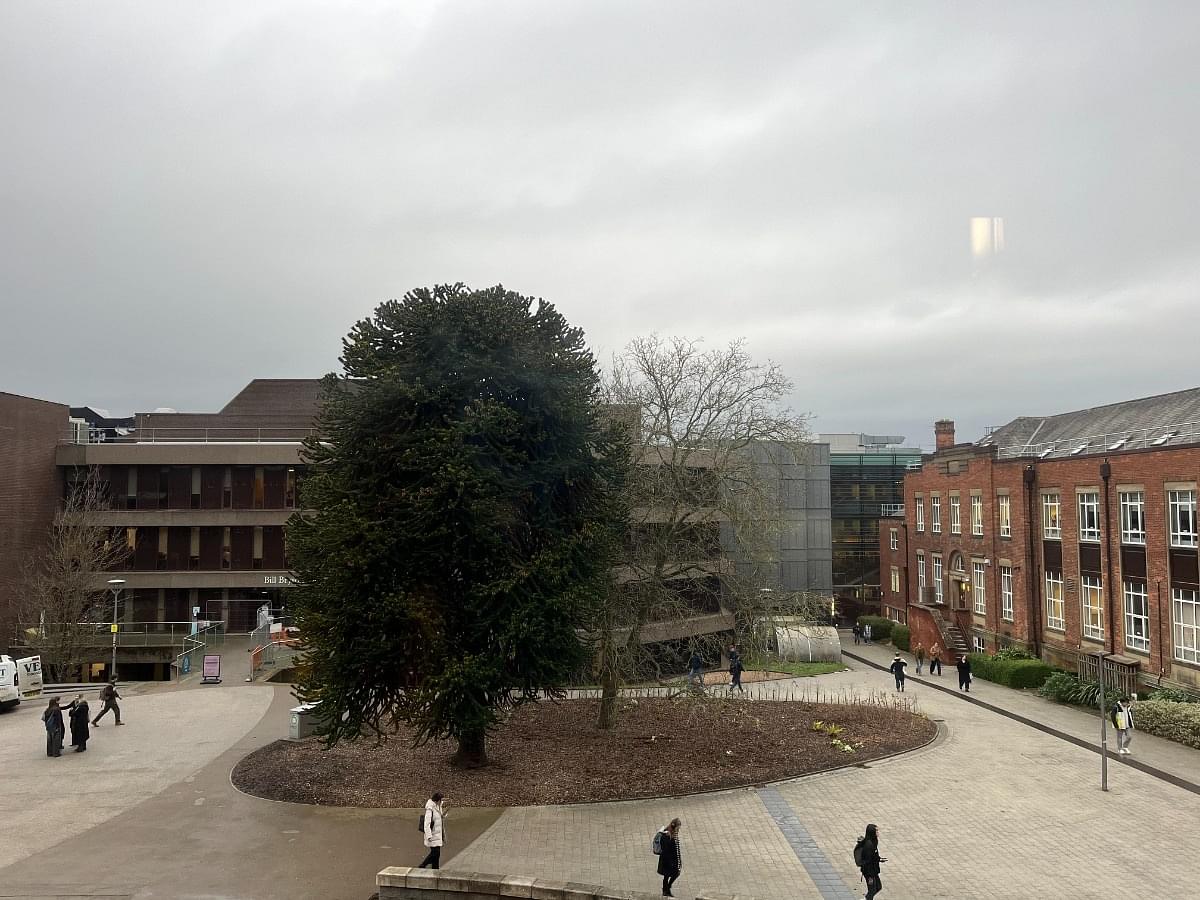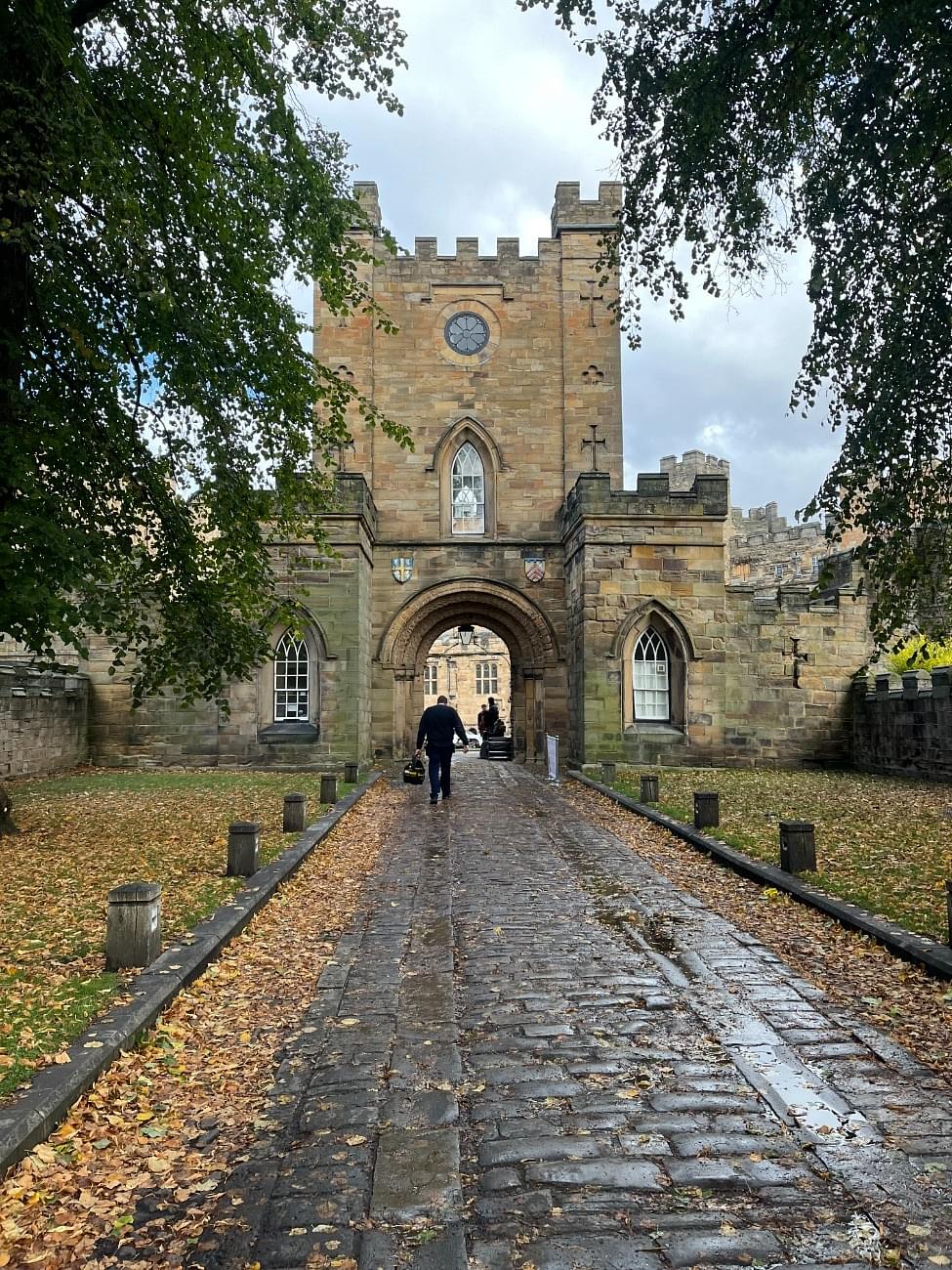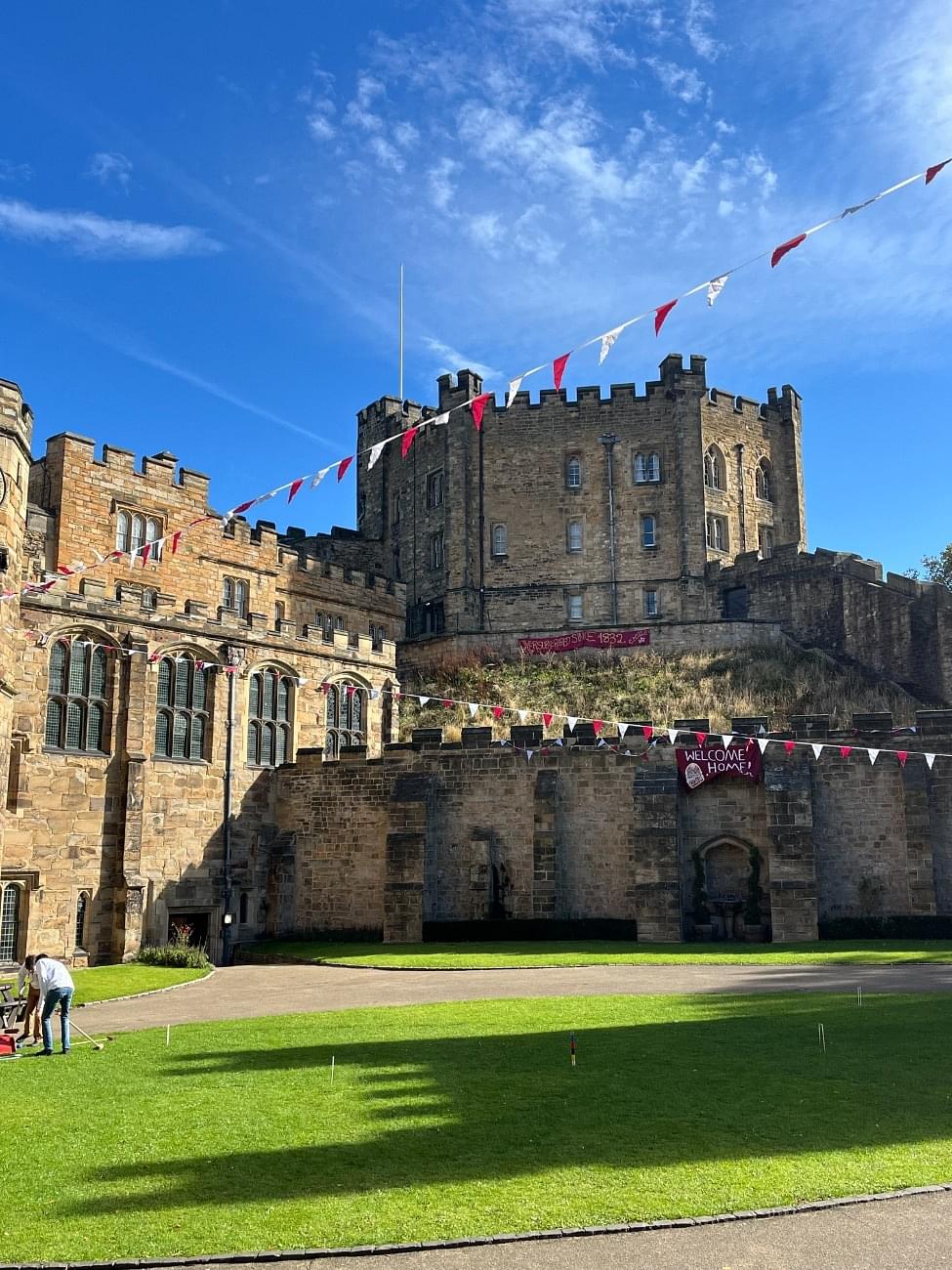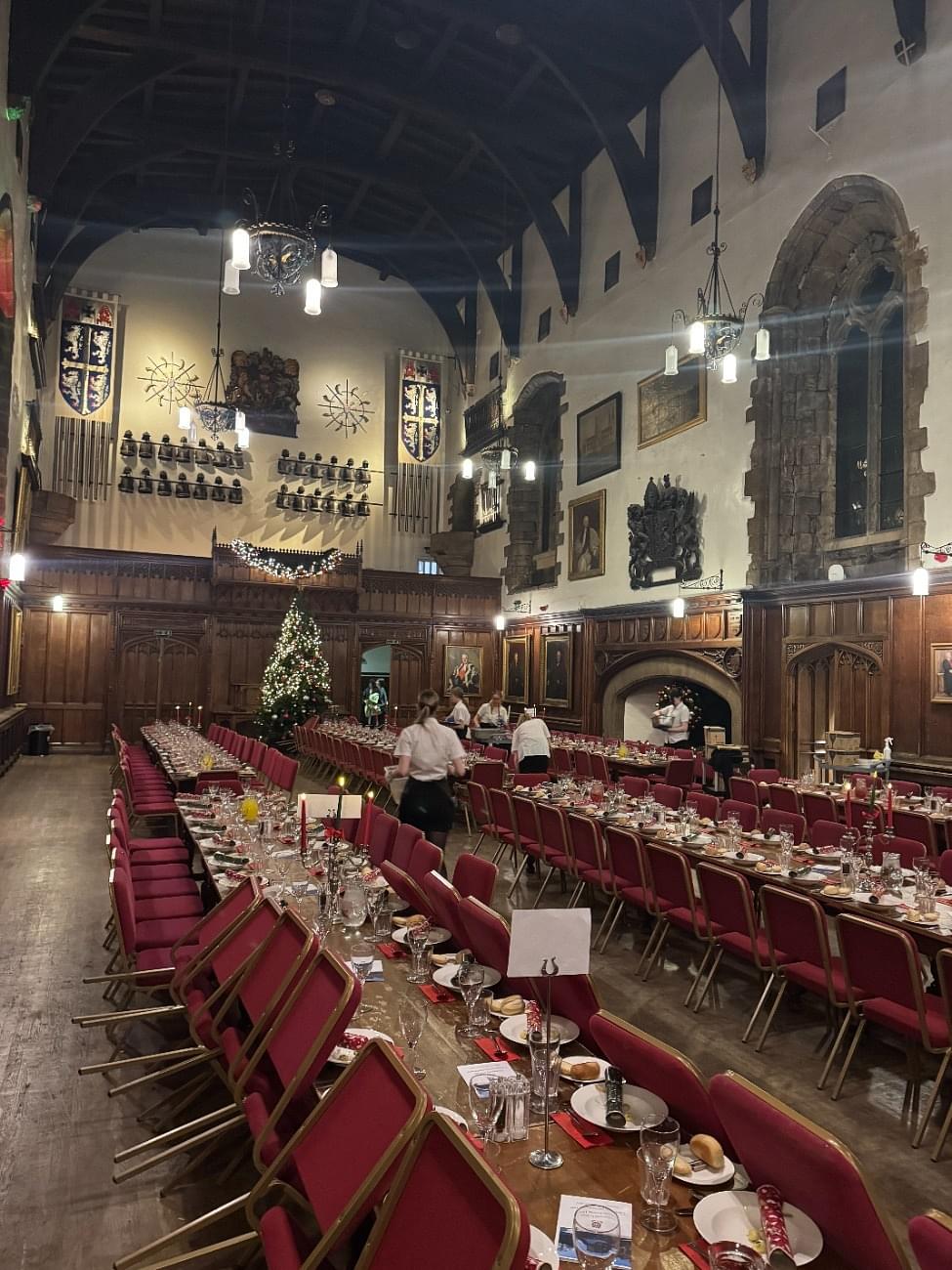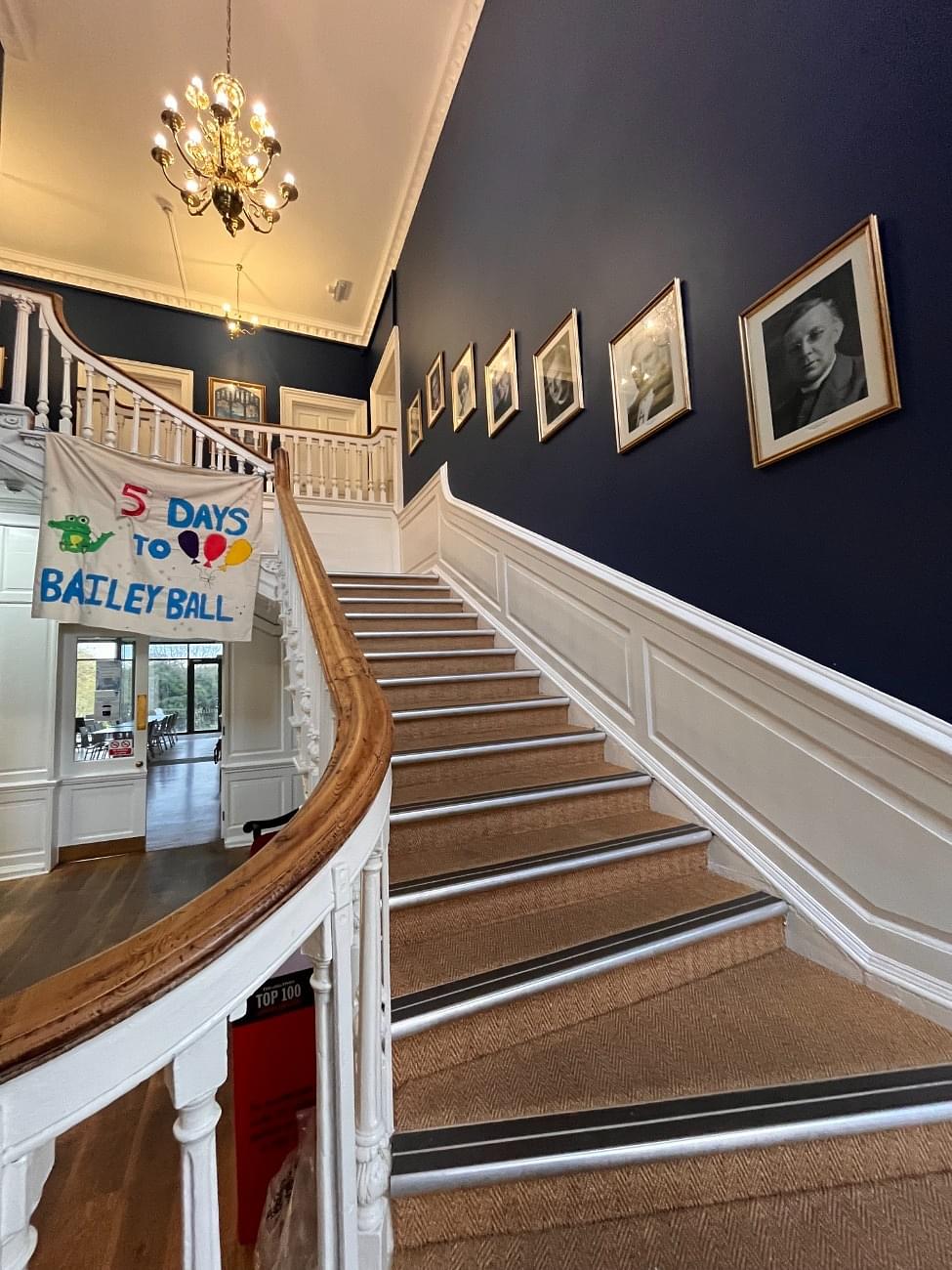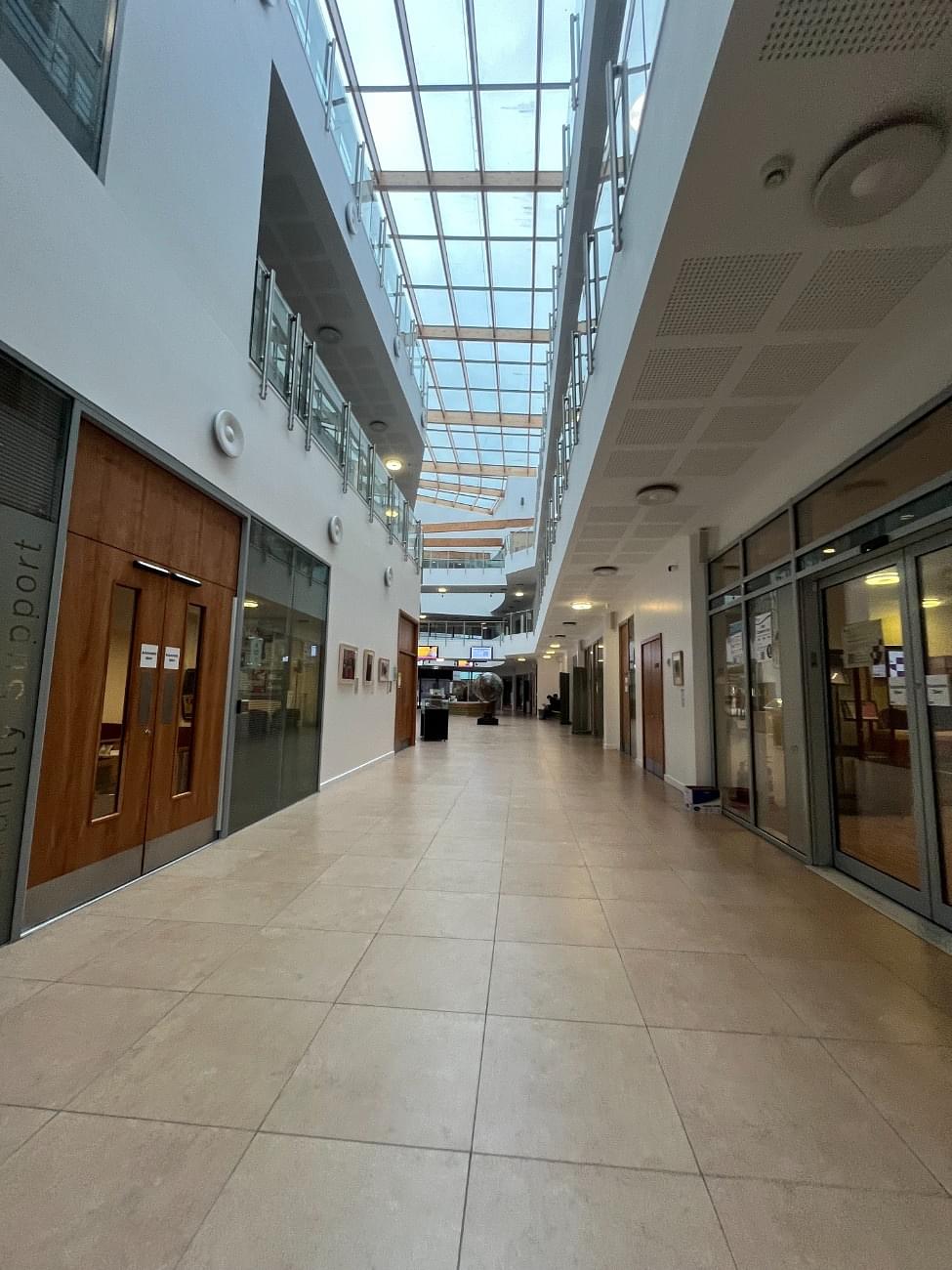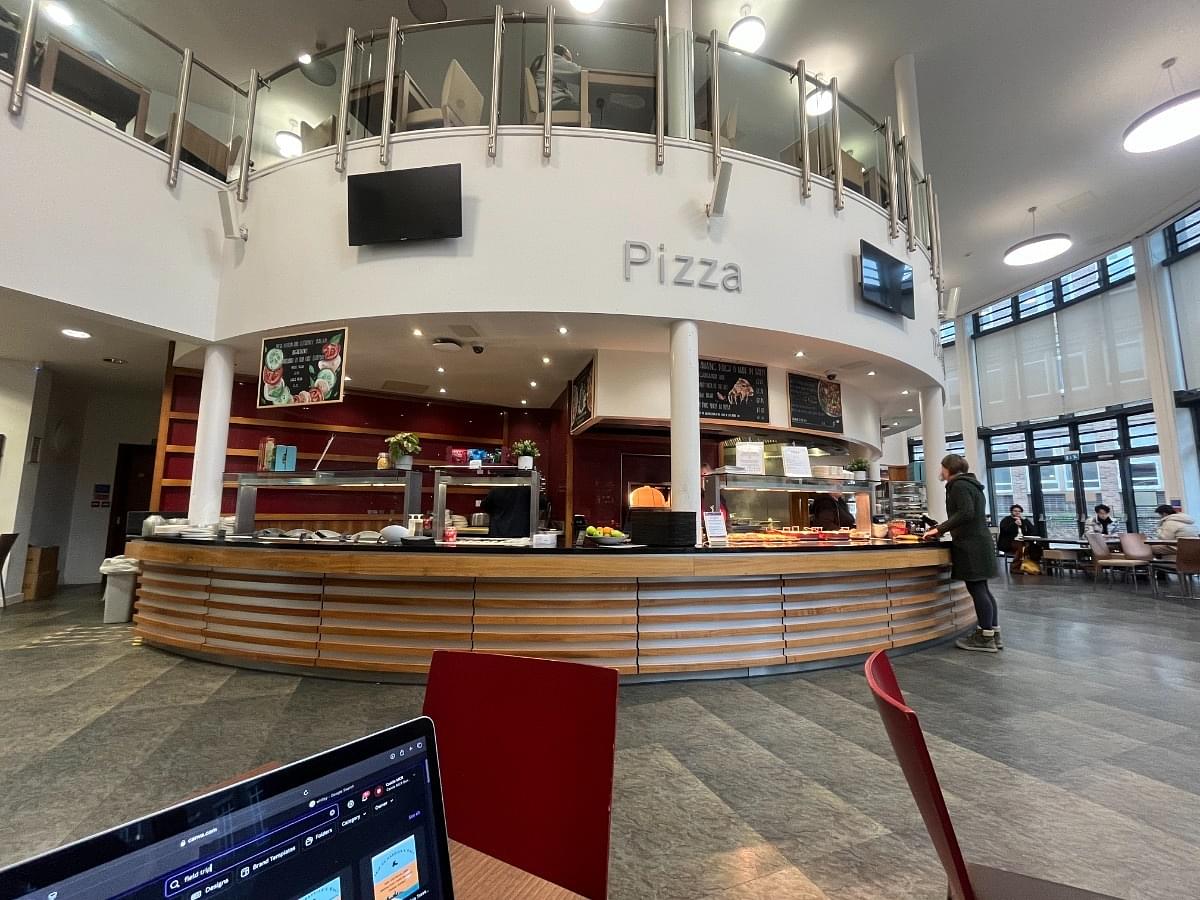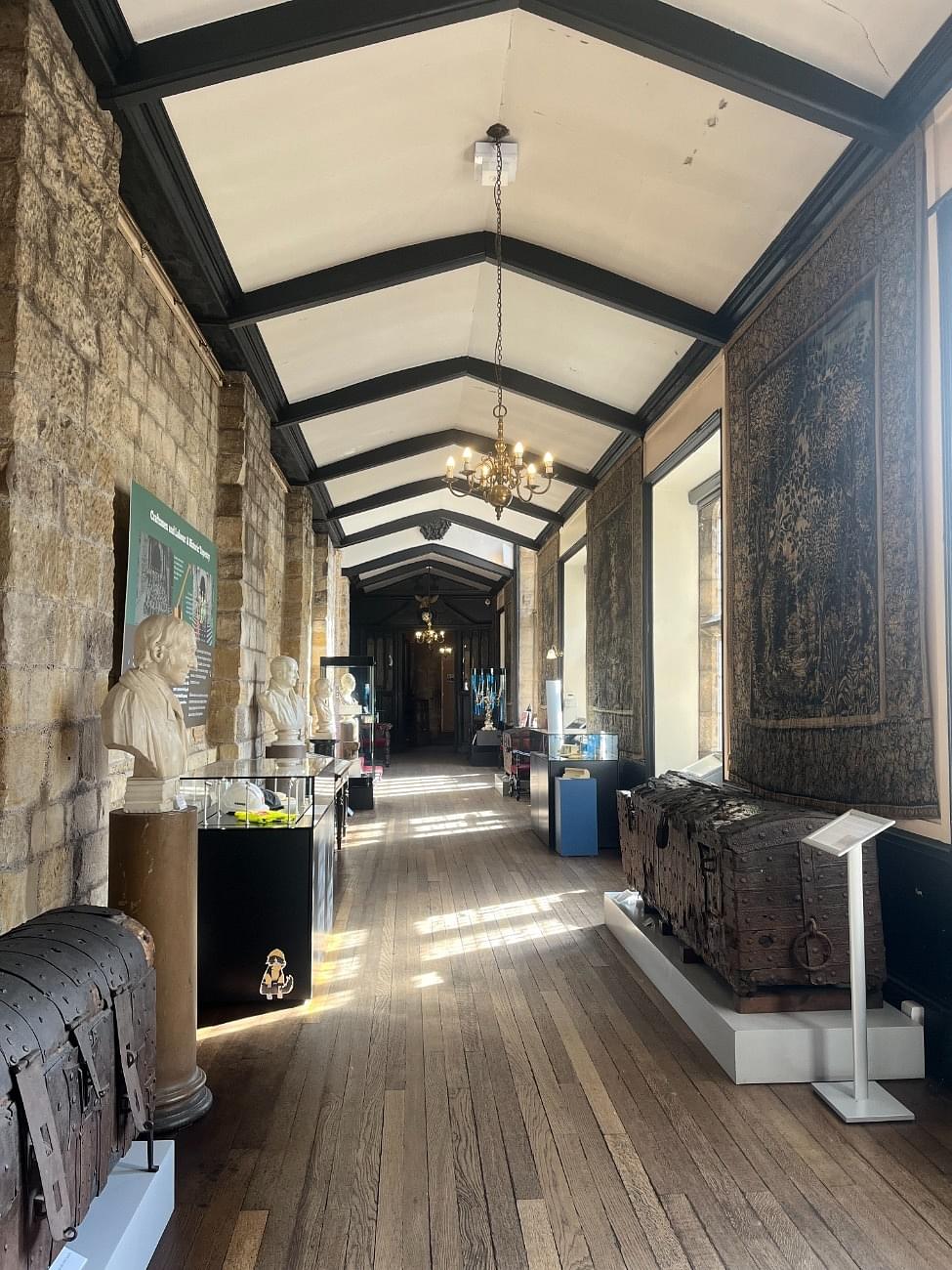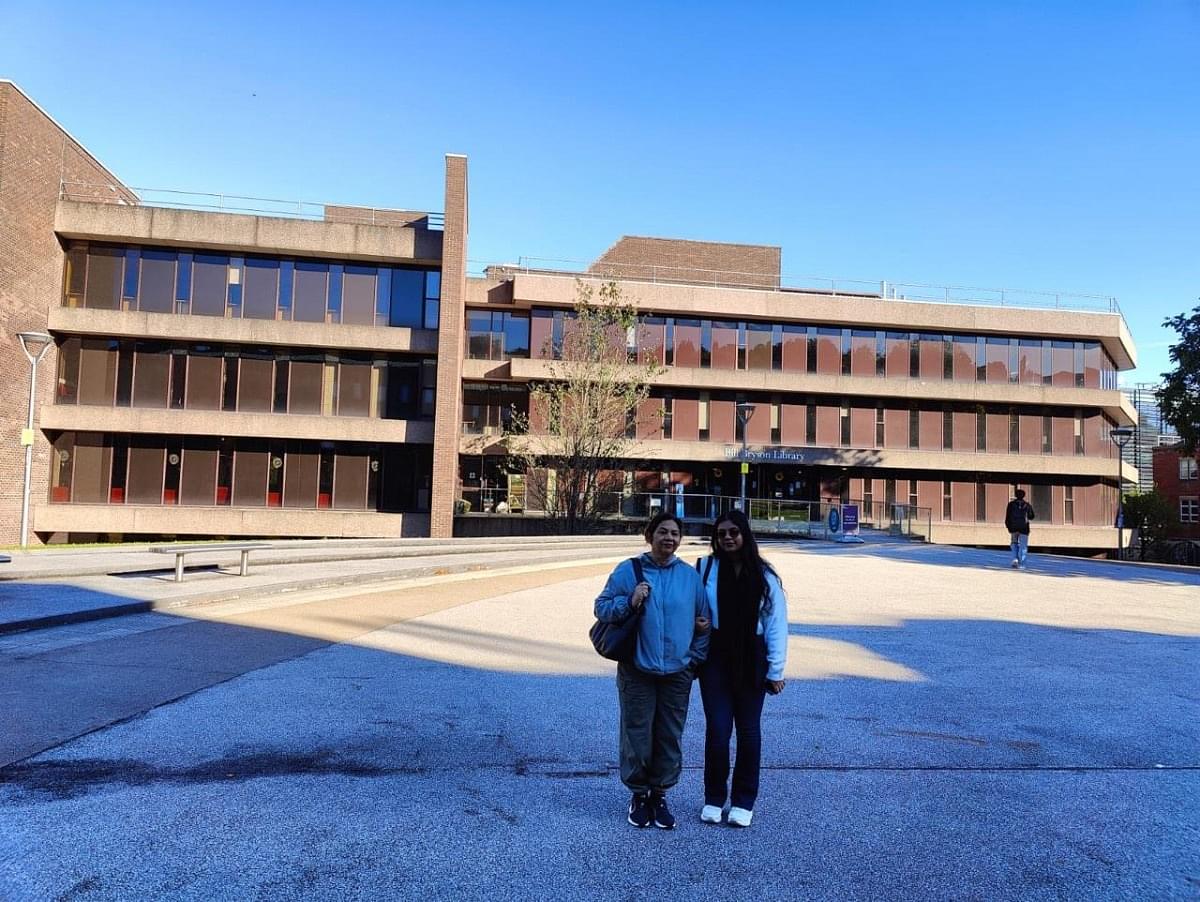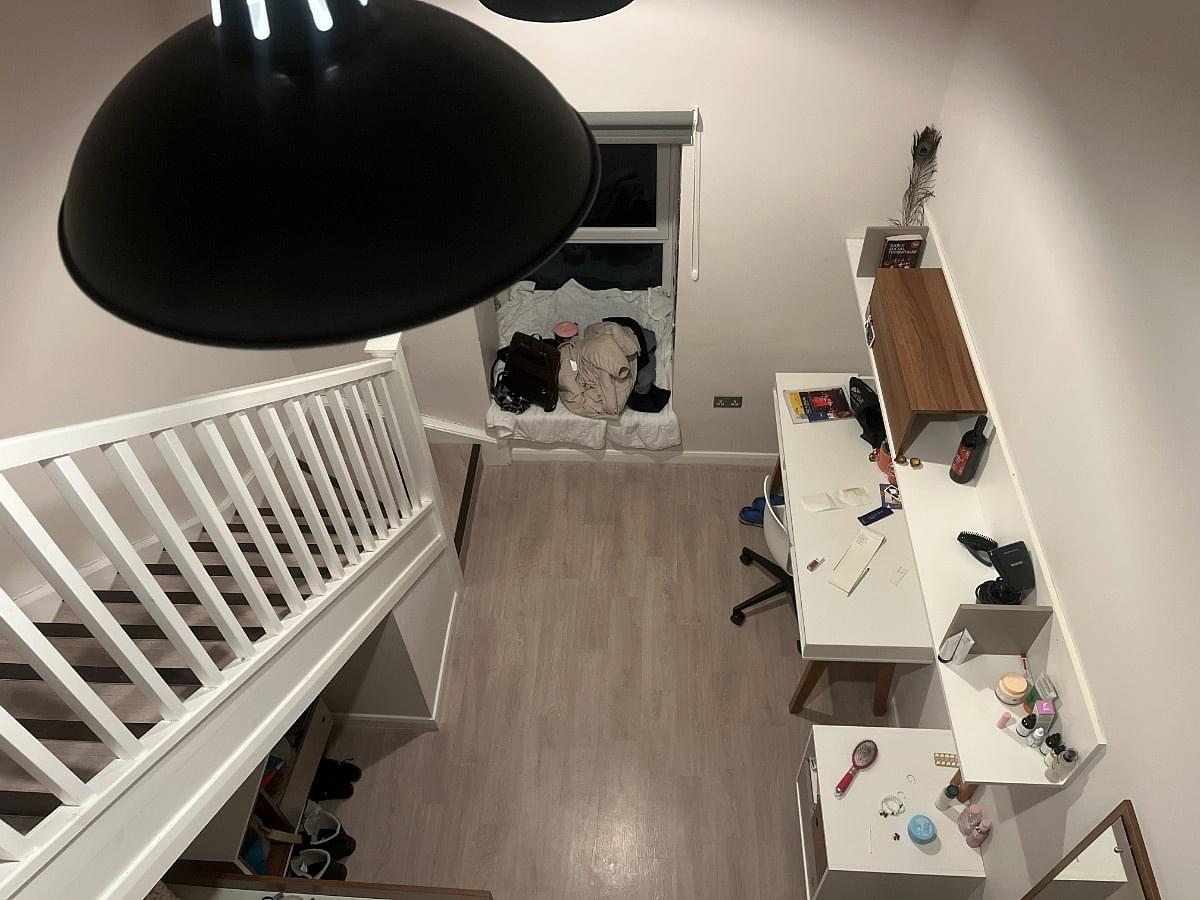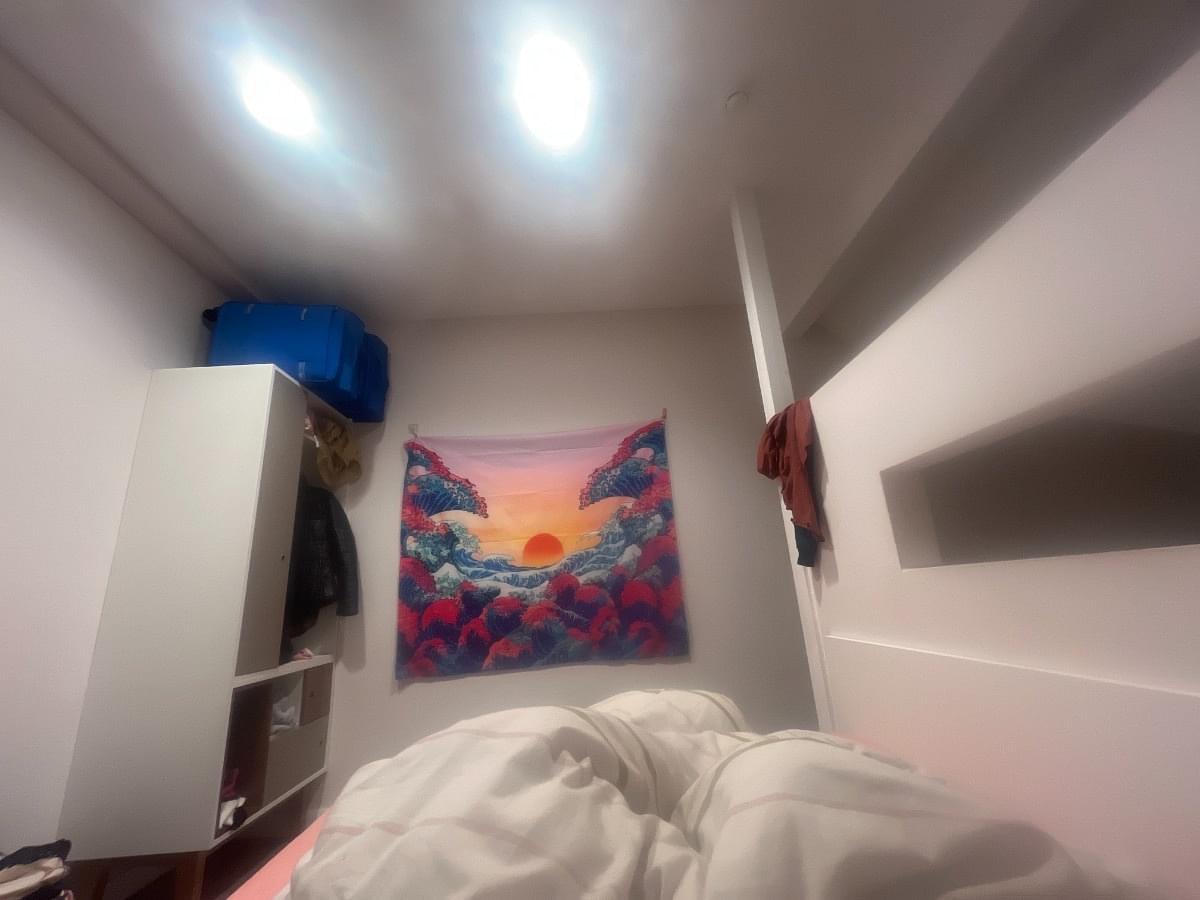What Students Say
Likes
- Research focused: we have papers/modules to learn about how to conduct international level research, what tools and tricks we need, types and reasons for research and so on
- Resources: We have free access to almost all journals, academic portals and publications both offline and online. Our libation is also well equipped with all academic resources, 24/7 operational, books can be demanded for free as well if not available. Professors are available via email or in office hours for anything. Welfare and support staff is also available in each college and department. And of-course state of art infrastructure and technology, year abroad schemes etc.
- Collegiate: Durham University comprises of multiple colleges and each student is assigned a college randomly on admission. That college becomes the home and first socialising place for most students. All students attend events there and represent it on a university level. This collegiate system is different from academic spaces where students from all colleges come together.
Dislikes
- Reputation for being elitist: There is tendency for many students to be from affluent backgrounds to join Durham for its traditionalist and thus university has gained a reputation for being “snob” and “elite” which is not particularly true and depends from person to person.
- Archaeology fieldwork: The Archaeology department thought ranked top 4 in the entire world rarely provides actual field work except, specifically for masters students and scholars are just taught research.
- Complicated Information infrastructure: Though it gets easier over time, days are filled with confusion regarding LearnUltra blackboard, Microsoft account, Outlook mail and so on.
Course Curriculum
- The difficulty is high as even though for masters we don’t have examinations, we have summative or submissions which are entirely researched based and should be new work and not plagiarised and there are multiple summative for each module.
- Positive: Great faculty who are experts in their fields
- Negative: Lack of fieldwork
- 2-3 days a week I have my classes. Typically 2-3 classes a day. Time depends on modules. My classes start from 11 and end at 4:30 but I have gaps in between. But I know people who start classes at 9 AM and end at 5 PM, with hours long gaps in between.
- 10-15 people per class, in tutorials can even be one on one or max to max 4-5 students
- Only two. (Archaeology)
Admission Experience
-
University of Durham- selected and accepted
University of York- Selected
University of Edinburgh- Selected
University College London- Reject (not strong enough experience in archaeology, as my experience was in History)
University of Oxford- Reject (not strong enough experience in archaeology, specifically fieldwork as my background was in History, and lack of research skills demonstration in my Curriculum Vitae) -
Factors that influenced:
- My course is top 4 in the entire world- Archaeology. Other allied courses are also highly ranked so therefore the faculties are extremely respected in their fields.
- Collegiate system: Builds camaraderie and provides social spaces.
- Old College (traditional and Russell group)
- Location: Safer than other cities like London, Manchester and Leeds. Durham is extremely safe and people are welcoming
- More Scholarships compared to other universities. I got 5000 GBP scholarship
- Good Marketing that spoke to me
- Help availability even before admission in forms of webinars, seminars, help desks, Student helpers and so on
- September intake
- Decision was made in 3 weeks
Faculty
- The ratio is 1:3, on an average. This helps the faculty give students individual attention, and help students with personalised methods.
- The teaching methodology is advanced and personalised. It incorporates latest methods in my field. The teaching method combined with University employer reputation is good, however lack of field work affects us immensely.
- The faculty conducts workshops on securing jobs in my field. And the placement cell as well helps around from CV betterment to interview preparation.
Campus Life
- The city is the campus! Colleges, departments, accommodations are scattered across the city.
- Sports centre, Multiple Libraries, multiple cafes, vending machines, cycle stands, parking spaces, printers and photocopier command centre
- Every college has formal dinners once a week, june ball in Durham castle, bailey balls, oriental museum diwali and so on.
- Durham University offers a vibrant extracurricular scene with over 200 student societies and numerous opportunities for students to engage beyond academics. Team Durham provides an extensive sports program, featuring over 50 sports clubs catering to all skill levels, from recreational to competitive.
- The university also has a rich arts and cultural environment, with Music Durham supporting various ensembles, including choirs, orchestras, and a cappella groups, while Durham Student Theatre hosts diverse performances throughout the year. For debate enthusiasts, the historic Durham Union Society provides a platform for discussions and events.
- The university’s college system further enriches the experience, with each college organizing its own unique activities, events, and traditions, ensuring there’s something for everyone to enjoy.
Part Time Jobs
- Not sure, but these positions are advertised quite frequently. And filled up pretty fast.
- 12-16 GBP per hour. And workday is typically is 4 hours (can extend) and 4 days a week at most.
- Yes Libraries in each college, main university library hired students, Cafeteria, labs, social media teams, Research assistants, Accommodation Liaisons, College Representatives, Assistants to non- teaching staff and so on.
- 20 hours per week at MAX
- Its very competitive as a lot of students apply for same job. Strong CV and SOP is a must
- 10-12 GBP per hour, its quite difficult to secure job for students, usual way of applying for jobs is through university job portals (for both on campus and off campus jobs) and through sites like Indeed as well as scouting for hiring posters in and around the city. The application involves resumes, Statement of purposes, interviews when needed and often submitting some kind of tasks
Placement
- Not sure the exact percentage but most secure a job either through campus placement or off campus employment, and the other majority goes for higher education (Masters, PhD, PgD, PgR)
- Average salary is 30,000 GBP
- Through placement cell, which helps even after graduation. Through sites like Indeed, Bajr, LinkedIn and so on.
- No known experience from any of my batchmates yet
- Newton, Goldman Sachs, Bank of London, etc
Accommodation
- I got afforded accommodation from the University. All Masters students got accommodation offer.
- Yearly Rent is 12375 so, that would make it monthly 1037 GB. Facilities include: Laundry (paid), Free Vacuum cleaner, brooms, Steam Press,vending machines, gym, cinema room, study room, common room, Lockboxes.
- There were no photos available for my particular type of room.
- There are no lifts, so taking luggage or any other things are difficult
- Its 15-20 mins walk and 10 mins bus ride from all university campuses
Exams
- IELTS is required if we have not had an english taught Course in BA or in school, otherwise not. I didn’t require it but I submitted it anyway.
- GMAT and GRE is also not compulsory but is a plus point
- SOP, 2 LORs, and CV, extracurricular certifications are necessary.
- There was no interview process for my course for any other courses I know of (masters). Though, it is there for PHD.
Fees
-
My fee structure:-
26900 GBP: Tuition Fee
5000: Scholarship awarded to me
21900: Fee paid8000-12350 (depends on type of room provided): Accommodation, Private accommodation price varies.
-
Estimate of monthly expenses: 300 GBP ( It can go upto 350-400 GBP if I travel in UK)
-
Fees can be paid all at once or in 3 installments through Debit/Credit card, Direct Debit, International transfer and so on.
Scholarship
- Yes. 5000 GBP for international students. So almost all “exemplary” International students received it. It depends on your tuition fee as well so students with more tuition fee got more scholarship, going up to 18000 GBP for MBA
- And there are other scholarships as well ranging from 2000 GBP to full scholarships. An example is the Hatfield Lioness Scholarship which is a 100 percent scholarship which includes tuition and accommodation and even travel expenses for one female student per year in Hatfield College.


